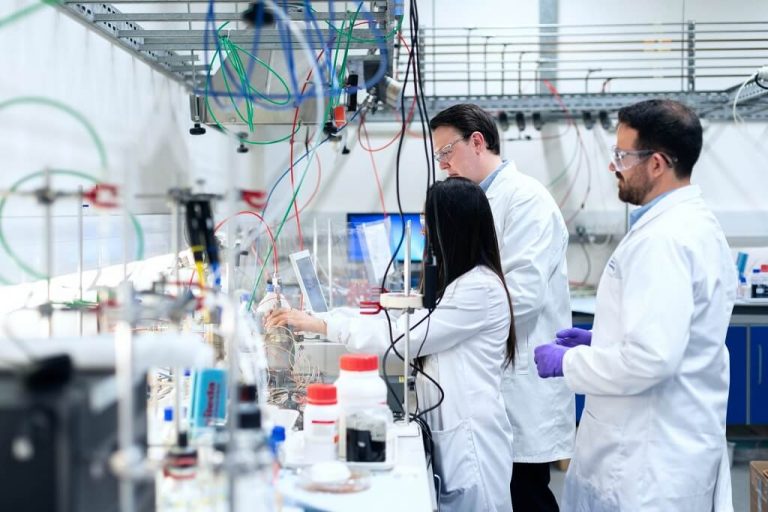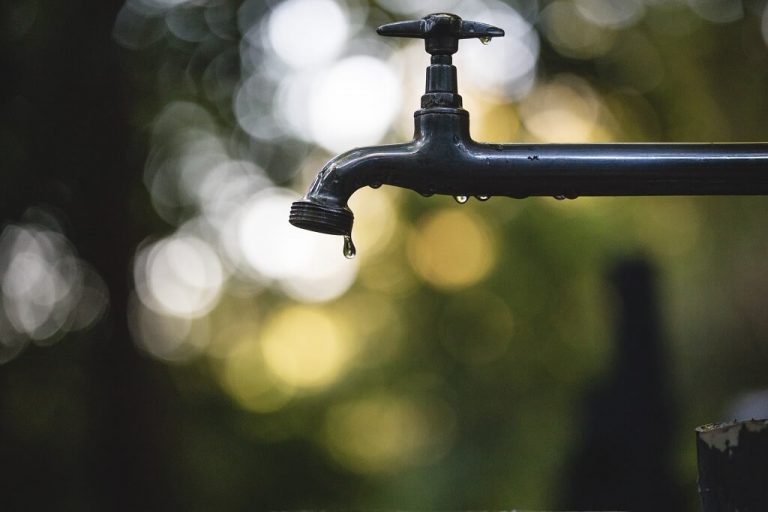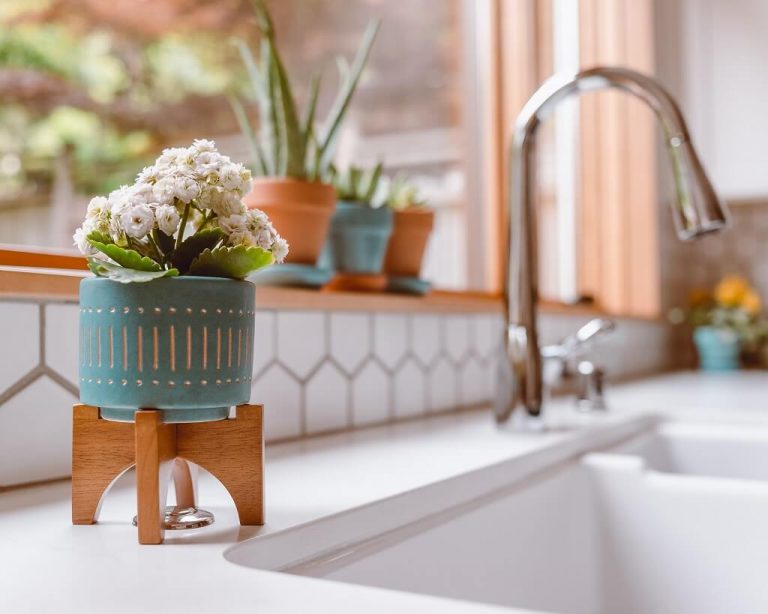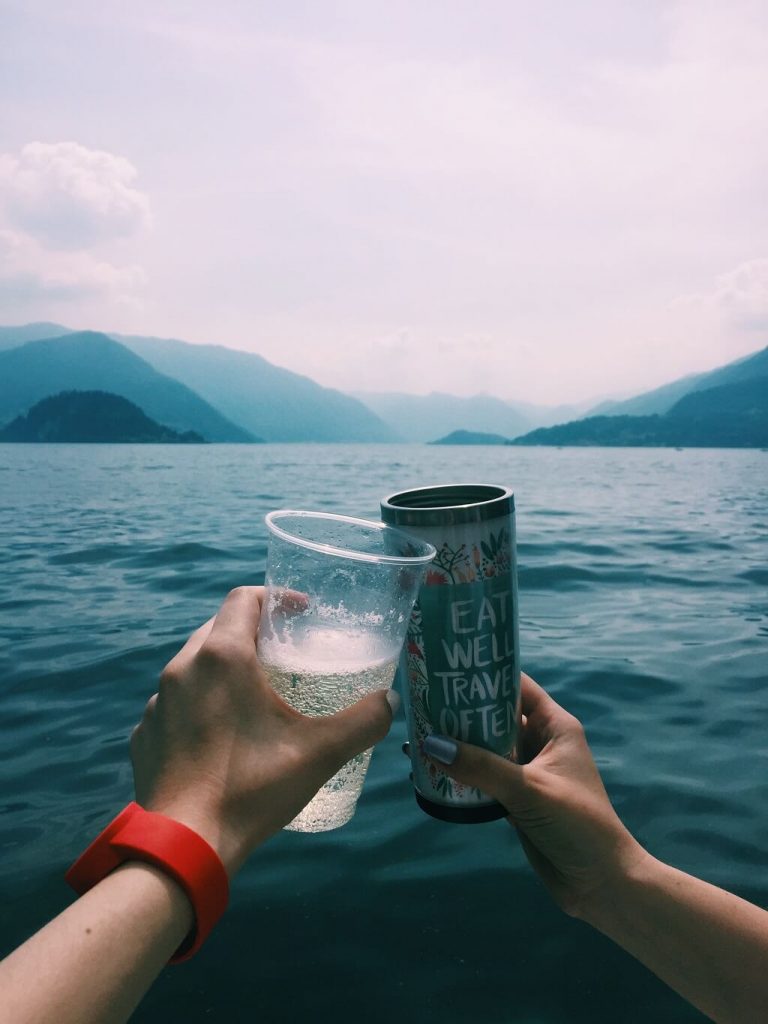Water can dissolve and absorb almost any substance; hence, it is a universal solvent. The total dissolved solids (TDS) level is the number of dissolved particles, whether organic or inorganic, in a particular volume of water. Water quality is dependent on the TDS level. This article discusses total dissolved solids, the measurement, and reducing TDS levels to improve water quality. Kindly read on for more information! What Is TDS? Total dissolved solids (TDS) indicate the level of dissolved organic and inorganic matter in a volume of water; the matter could be metals, salts, minerals, and ions. Generally, TDS is a measure of anything apart from an H2O molecule that dissolves in water. Because water is a universal solvent. It absorbs part of any soluble material it comes in contact with, thus, increasing TDS levels. Familiar sources of TDS in water include natural water springs, municipal water treatment chemicals, road runoffs,…
It is easy for individuals to assume that well water is as safe to consume as filtered water. The fact of the matter is, though, that it can be as dangerous as tap water, or worse. Industrial and agricultural runoff, and other factors, can impart various contaminants into the well, and resulting water. Your safest bet is to install a filtration system specifically designed to treat well water, in order to provide safe drinking water to your household. The best way to go about this, is to test your water, and opt for a purification system setup specifically for the needs of your well water. Due to the individualistic needs of well water, the system utilized by one household is not the same as the next. This is because the water in another well may contain differing contaminants, and suffer from varying runoff, and more. If you are the happy…
When water filtration standards are properly adhered to, modern day life continues to improve. These standards better enable us to avoid contaminants, pesticides, heavy metals, dissolved solids, and others commonly found in our own local water sources. Tap water may not be as safe as it may appear, but it is easily remedied. By finding and investing in only NSF certified water filtration products, you put your personal health at the top of the list. An NSF certified water guards the members of your household against various contaminants, bacteria, waste, odors, and unsavory flavors. By maintaining stringent standards, manufacturers must keep their production, products, and manufacturing at a high level, or risk losing certification. By investing in a properly certified water filtration device, you are ensuring that your family is provided with the best. And, when it comes to your personal health, how can you not aim for top quality?…
There is nothing more frustrating than completing a car wash in your own driveway, than to notice water spots across its finish. No mater how well it’s dried, a few water spots will stick out on your car like a sore thumb. In the end, it may feel as though your vehicle still appears to be dirty, as though you never even washed it in the first place. Let’s explore a few top solutions to managing water spots after a car wash, as well as complete prevention. Prevention is Key While complete prevention may be far from possible, you may be glad to hear that there are methods in which the appearance of water spots are greatly decreased. Without treating your tap water, there are very few ways to prevent water spots, as the use of basic products may be your only solution. Water spots tend to originate with hard…
Just as pen and paper go hand-in-hand, water is essential in coffee brewing. Water is pointless without coffee. Writing on thick parchment paper shows the beauty of a nicely inked pen. Thus, only high-quality water brings out the best in coffee. Reasons why you should brew your coffee with high-quality water include; Water Hardness A cup of coffee has about 98% of water. Therefore, water quality plays a significant role in the taste of your coffee. Water can either be hard or soft. Hard water contains minerals such as magnesium, while soft water is distilled and purer than hard water. In the United States, hard water and soft water varies across all locations. Considering how pure soft water is, it is safe to assume that it is the best type of water in brewing coffee. However, an MIT chemist has a contrary opinion. It is common knowledge that hard water…
Countertop ROs are compact reverse osmosis filters you can use to purify consumable water. You can install them under your bathroom or kitchen sink’s counters. A majority of countertop RO systems can be stored under most counters, typically under sink cabinets. Unfortunately, renters don’t have the luxury of using countertop RO systems, as installation of them would warrant permanent changes to either the home’s drain system or sink counters (if not both). These types of systems are ideal for homeowners, as they can be attached with ease to existing faucets (sans the need for further installation). What to Keep in Mind When Browsing Countertop RO Systems Requirements for Plumbing The top area of the bathroom or kitchen sink must first be assessed. The average RO system warrants its own faucet, which tends to sit beside the existing faucet. As such, installation of another faucet will be warranted. This can be…
Your drinking water may be at risk if you’re one of the millions of Americans who get their water from a public tap. Lead pipes are still in use in homes and businesses across the country, more than three decades after they were prohibited. These decades-old pipelines are hidden underground, out of sight and, for the most part, out of mind. However, they are rapidly degrading and may be leaking harmful pollutants into your water supply. According to a 2012 assessment by the American Water Works Association, more than one million miles of these pipelines need to be repaired or replaced. According to some estimates, the US may lose more than $1 trillion as a result of this. We may expect more frequent water main breaks, higher emergency repair costs, and additional water service interruptions if this investment is not made. Even more severe water pollution outbreaks, such as the…
Those of you who take your health seriously, understand exactly how dangerous water contamination can be. More often than not, a situation such as this requires immediate action in order to avoid serious ramifications. Bacteria can easily build up, as harmful metals leach into the water supply, or it is otherwise contaminated by chemicals. If you are a homeowner, you are most likely a little familiar with these parameters, and the risks associated with unfiltered tap water. Certain areas of the United States suffer from higher levels of contamination than others, ranging anywhere from simple to extremely serious. In many areas, a single-stage water filtration unit is enough to provide safe drinking water, while others demand serious solutions to remove harmful chemicals and avoid health effects. When you need to eliminate contaminants on a severe scale, higher stages of filtration serve as a great resolution. This begs the question, though:…
Reviews of the 3 Best Faucet Water Filters Waterdrop FC-01 Faucet Water Filter Water Faucet Filter Buy on Waterdrop This filter removes contaminants from your water using an Activated Carbon Filter, or ACF. This sleek-looking water filter removes fluoride, lead and chlorine to make the water healthier and also taste better. The Waterdrop faucet filter is a popular choice because of the impressive quality and performance. It is made with sturdy materials to minimize wear, tear and damage and the long-lasting filter means you don’t have to replace it often. The filter is rated for 320 gallons. That means about 3 months of continuous use for most users. Some users might even get 6 months out of one filter. Expect crisp, refreshing and clean water from this top-rated faucet water filter. JONYJ Faucet Water Filter, 304 Stainless-Steel Filtration System JONYJ Faucet Water Filter, 304 Stainless-Steel Water Faucet Filtration System, High…
Many homeowners are under the guise of quality when it comes to their tap water. Up to 38% of individuals are satisfied with the overall smell and taste of the water flowing through to their faucets. Unfortunately, this assumption leaves individuals exposed to dangerous chemicals, contaminants, solids, heavy metals, and much more. These pollutants impose health risks far beyond poor tasting or smelling water, which are also easily avoidable with proper filtration or water purification. In all, tap water should never be relied upon completely, regardless of whether it originates from a well or municipal water – but why? The Effectiveness of Water Filters In an effort to purify your tap water, filtration units work to eliminate contaminants and other harmful pollutants from you water source. Because tap water goes through various stages of filtration, utilizing chemicals and more to remove dangerous bacteria, city water could be tainted with contaminants.…










